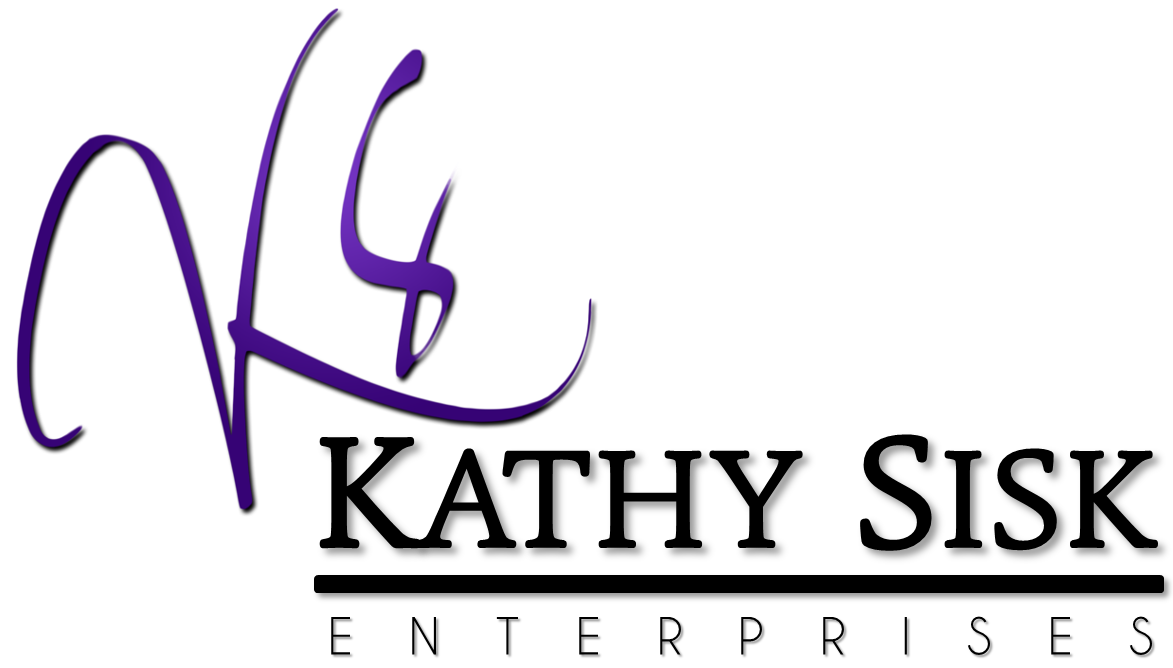In Part 2 we discussed the expectations, the list and reporting when setting up and managing a campaign. Part 3 is about the importance of properly assessing and preparing your agents for training before the start of your campaign.
Assessing and Training the Agents: Poorly trained agents are one of the quickest ways of a failed campaign. Sometimes a program is started without asking for adequate training from the client or assigned project management. Additionally the call center will replace a caller in the midst of the program, but fail to give adequate training to the newly assigned agent. Overly training on product knowledge can hinder the agent from performing well and too much information may intimidate them if the agent feels they cannot learn all the details. It is best to segment your training at a pace where the agents feel confident enough to present it through the use of the call guide (the script). Once an agent can confidently go through the call guide, your focus will be on the delivery quality of the presentation. Additionally, training agents how to branch off the script whenever necessary is a vital part of the delivery process.
Be sure the right agent is assigned to the campaign, not all campaigns are alike and neither are all agents. Some campaigns necessitate a more assertive agent as opposed to other campaigns require aneasy-going approach. Carefully selecting the attributes of the campaign with the agents is an essential part of the overall success and needs to be identified upfront during your agent selection process. The best time to assess agents is before they become employed. Assessment tools should be in place so that the right agents are selected prior to training them. Once the right agents have been assessed, agents will continue to be assessed during the basic (soft skills), simulation (role play) and applied training (live calling). Not all agents will pass the basic training and not all agents will pass the simulation training. Furthermore, it is essential that the right agents are selected for the applied training phase; this is where they will represent the client.
During The Calling Period
A Challenging Task: When it comes to outbound campaigns, it is not realistic to think that the prospect is sitting and waiting by their phone in anticipation of your call. On the contrary, the prospect may have already been inundated with calls similar to yours, or in the middle of doing something more important, or they are simply not available. Additionally, they may not have an interest in what you are calling about. If you get any negative response early in your presentation, the agent’s method of handling a negative response is critical at this point. One of the most challenging parts of an outbound call is to handle a pre mature, “I’m not interested”. Using an “Easy Close” technique will help the agent through this challenge and allow the agent to continue with their presentation or keep the door open for future contact.
The following is a typical easy close: “I respect that. If I could provide you with information that could save you on your insurance policy, how open are you to receive more information about this?”
The idea is to get the prospect to say “yes” they would be open to more information, and to turn a negative into a positive. This approach allows the agents to move onto the next portion of the easy close, which is to qualify their interest by saying,
“To ensure that you can benefit, I need to verify some information if you don’t mind.”
This final portion of the easy close gets another positive response that helps the agent to go into the next step of their presentation, “the probing step”. When the campaign is carefully thought out, and when you incorporate what your agents have been taught in their basic training, your agents will gain greater confidence in handling the calls and experience a more positive outcome. Preparation is a vital key to overcoming potential obstacles.
Next issue is the final segment of this four part series that ties everything together for a cohesive well thought out outsourcing campaign.
